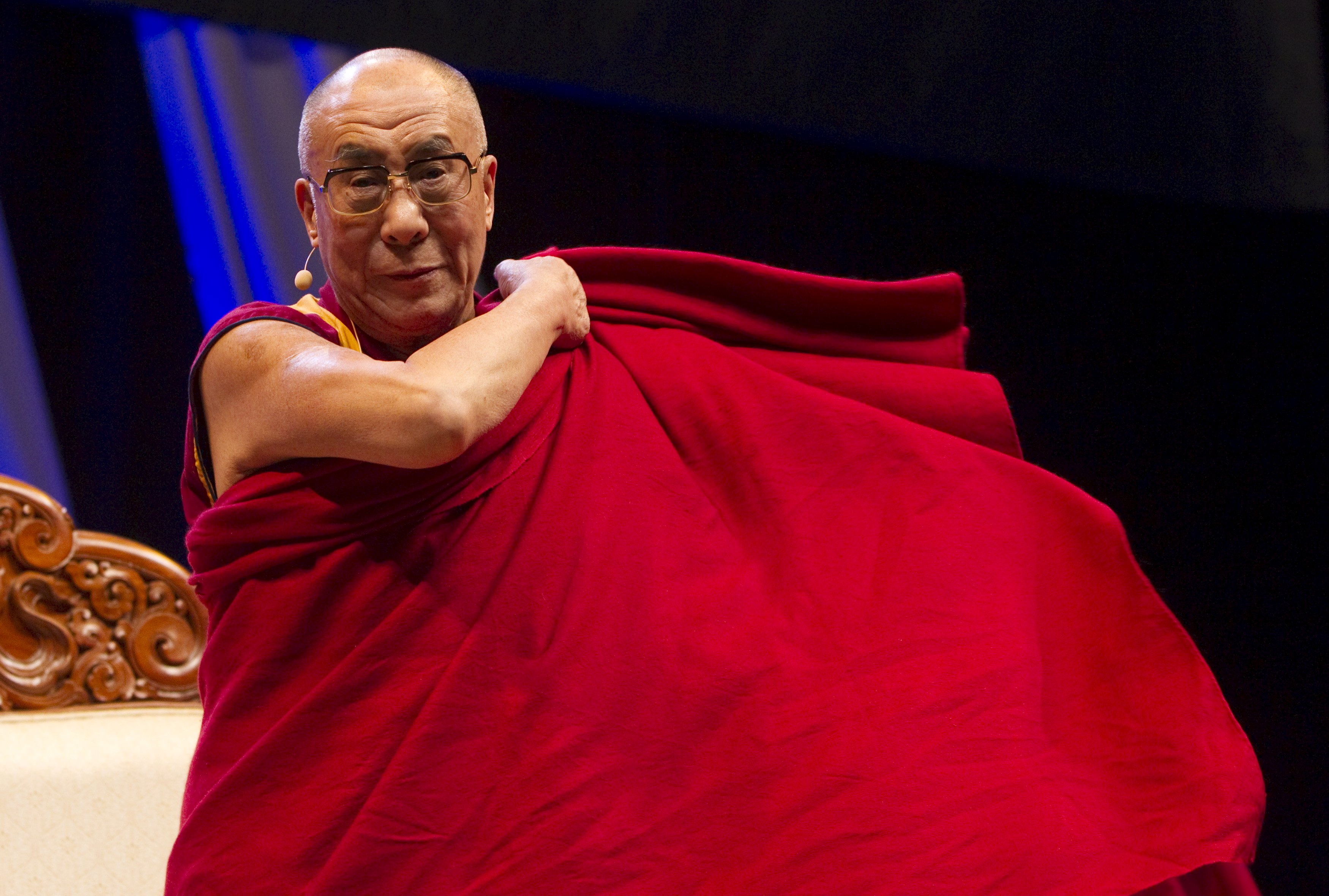China Cracks the Whip:India Cancels More Visas to Chinese Dissidents, Places "Limitations" on Dharamshala Meet

NEW DELHI: Indian diplomacy has crumbled in the face of an aggressive Chinese posture, with the Dharamshala meeting planned for weeks having virtually fallen by the wayside. The excitement amongst Chinese dissidents about receiving the invitation and visas for a meeting at Dharamsala, the headquarters of the Dalai Lama government-in-exile in the Indian Himalayas has turned into “deep disappointment” as the conference has been pruned of all controversial delegates, as well as the scope and reach initially planned.
The conference was being organised by a US based (and funded) organisation Citizen Power for China, essentially a Chinese dissident group. Local help for the conference was being provided by the Tibetan Centre for Rights and Democracy.
The pressure has been so intense that India has clamped down on the activists it had so readily issued visas to for the meeting. A first was Dolkun Isa, who is in exile in Munich and has been branded a ‘terrorist’ by China. Visas for others including Ray Wong, an activist based in Hong Kong, and Lu Jinguha, a leader of the Tiananmen Square student protests have been revoked. Jinguha said on Twitter that she was informed of the decision by Air India as she was about to board a plane at New York's JFK airport. Sources said that more visas were cancelled but details were still coming in.
The Minister of External Affairs Spokesperson said at his daily briefing that Isa had applied for a tourist visa and then let it be known he was coming for a conference. This went against the norms applicable to a tourist visa, and hence it was cancelled.
In an interview with The Citizen earlier Isa had confirmed the visa, that was given to him by India early April, but had admitted that New Delhi seemed to be having second thoughts. Today speaking to this reporter from Stockholm Isa said he was “very disappointed in India’s approach, as we had thought you are a democratic country and committed to free expression.” He said that clearly India was not able to withstand the pressure from China.
This was to have been a first for the Chinese dissidents as India has steered away from encouraging political activity against China from here. Isa had spoken of the interest the conference had generated, in that several dissidents from all over the world were packing their bags to attend the meet. Visas to at least four main delegates have been cancelled. Sources said that there are clearly more such cancellations with India withdrawing the visas it had issued earlier, but the details are still to be confirmed.
Interestingly the Tibetan Centre for Rights and Democracy at the Dharamsala refused at first to even confirm whether this conference was going on. Finally the person at the other end of the phone, who insisted he was just a volunteer , said “the conference is going on but I do not know about the delegates from outside….” He could not confirm whether delegates had come, and were attending the meeting.
Sources said that the agenda for the meeting had now “ come under limitations” by the Indian authorities under pressure from China. The freewheeling agenda for the meeting to focus attention on the human rights violations by China has been curtailed, in closed door confabulations, to a shadow of the original intent. The organisers have clearly been told not to publicise the deliberations, if any, with the associated internet sites not even carrying basic news about the meeting. It is as if it is not even being held, although today was the opening day of the four day conference.
As Isa said, “if India had not given permission for the meeting in the first place no one would have questioned it, but now after giving us visas and now backing down under China’s pressure is very unfortunate.”
Faces in the strategic establishment have fallen after a certain revelation about New Delhi’s apparent decision to take on China. Interestingly, diplomats are of the view that the decision to hold the dissidents meeting actually preceded China’s move to block the Indian proposal for sanctions against Jaish e Mohammed chief Masood Azhar in the United Nations. This comes from the fact that the movement for the meeting had started early this year, with the US organisation members visiting India at least two to three times to prepare for the conference. Isa’s visa was issued in April, just after China had blocked the Azhar move by India. And despite all efforts with Ministers Sushma Swaraj and Manohar Parrikar in the lead, China refused to bend. National Security Advisor Ajit Doval who many credit with the Dharamshala move also went to Beijing but returned to start unraveling what New Delhi had put together.
China, as if in acknowledgement of the Indian efforts to get back in favour, has now said that it expected both India and Pakistan to work out their differences on Azhar and other issues.
The first step was to cancel “terrorist” Isa’s visa suddenly without explanation. Subsequently the organisers were told to lower the decibels and limit the agenda. The second has been to cancel the visas of other activists held to be more controversial than others by China. Although the government is silent about this volte face, there are suggestions that it is following a list submitted by China that is particularly sensitive to dissident activity, and has made this a bottom line in its relations with India.
Read also: http://www.thecitizen.in/index.php/NewsDetail/index/1/7500/The--Dragon-Fumes-as-India-Facilitates-a-Chinese-Dissidents-Conference-at-Dharamsala
http://www.thecitizen.in/index.php/NewsDetail/index/1/7515/I-Am-Not-Masood-Azhar-Says-Chinese-Dissident-Isa-As-India-Comes-Under-Chinese-Pressure



